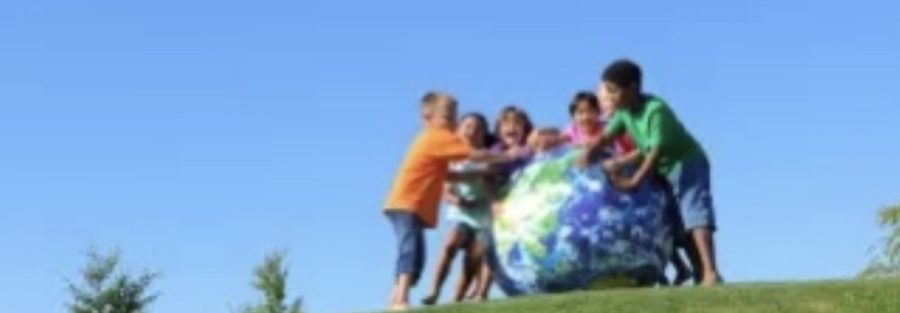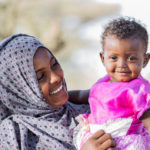The world is seeing a surge of violent conflicts paralleled by a concerning rise of intolerance and discrimination. In particular, hate speech can take dangerous forms that not only causes harm at the personal level and incites group-targeted violence but is also an attack on inclusion, diversity and human rights.
In this context, an active commitment to peace is more urgent than ever. This commitment ought to surpass security and defense measures to prevent or stop conflicts, for peace does not begin where violence ends. Sustaining peace requires a strong foundation of inclusive, democratic and participatory governance, dialogue, solidarity, mutual understanding and cooperation, sustainable development, gender equality and the general realization of human rights and fundamental freedoms. Education is key to this endeavor. This pertinent role of education ought to reverberate in the ongoing negotiations towards a Pact for the Future to be launched at the Summit of the Future in 2024.
Education for peace needs to be transformative at its core, as jointly underlined by the “Recommendation on education for peace and human rights, international understanding, cooperation, fundamental freedoms, global citizenship and sustainable development”, also referred to as the UNESCO Recommendation on Education for Peace, Human Rights and Sustainable Development, and the report of the International Commission on the Futures of Education which calls for a new social contract for education.
A transformed and well-resourced education system can be an effective long-term preventative tool that protects, builds and sustains peace before, during and after conflict. Such an education can lay the preventative foundations by helping all learners realize their fundamental human right to accessible and equitable quality education. In period of crises, it is essential to ensure continuity of learning, especially for those marginalized, and mainstream education as part of global peacebuilding efforts.
Education can also contribute to reducing inequities, inequalities and injustices by ensuring that all learners are represented and recognized in all facets of their education, and that education is not just redistributive but also facilitative of post-conflict recovery, justice and reconciliation. Most importantly, if education is placed at the centre of our commitment to peace, it can help empower learners with the necessary knowledge, competencies and attitudes to become agents of peace in their immediate communities.
These defenses of peace include cognitive, social and emotional skills, and behavioural competencies as conceptualized in UNESCO’s Global Citizenship Education and related program to counter hate speech through education.
Read more here: UNESCO



